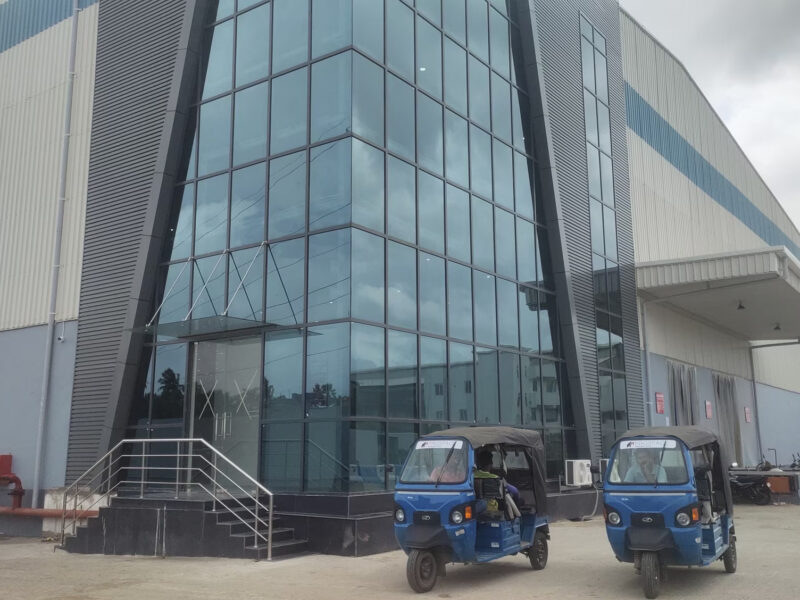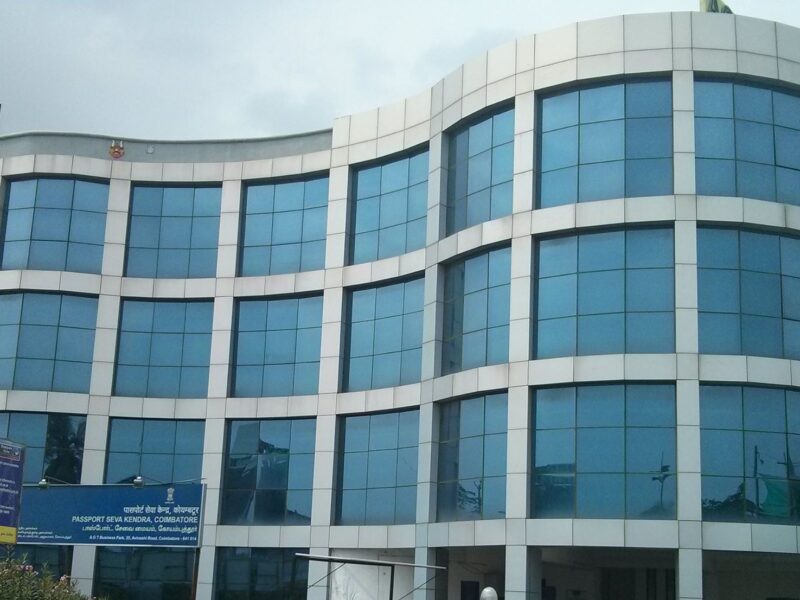The world of consumer non-durables is filled with companies that create products you use regularly and need to replenish often. From everyday household items to snacks and drinks, these companies are essential to our daily lives. If you’re curious about which companies dominate this sector, you’re in the right place. After extensive research, we’ve compiled a list of the top 10 companies in the consumer non-durables field for 2024. So, let’s dive in and take a closer look at these industry leaders.
1. Procter & Gamble Company
Market Cap: $345.38 billion
Procter & Gamble, commonly known as P&G, has been part of people’s lives since 1837, when founders William Procter and James Gamble started making soap and candles. Over time, they’ve become a household name, offering a wide range of health, beauty, and home care products. Their iconic brands include Ivory soap, Crest, Tide, and Pampers. But P&G isn’t just about products—they’ve also run influential campaigns like Always #LikeAGirl and Tide Loads of Hope, which support social causes and disaster relief efforts.
2. Coca-Cola Company
Market Cap: $254.78 billion
Founded in 1886, Coca-Cola has become a global icon in the beverage industry. What started as a medicinal tonic created by Dr. John Pemberton has grown into a brand recognized worldwide. Coca-Cola’s journey from selling a handful of drinks a day to now offering over 2,800 products in more than 200 countries is remarkable. In addition to its flagship Coca-Cola drink, the company has expanded into a variety of beverage categories, cementing its place at the top of the industry.
3. PepsiCo, Inc.
Market Cap: $233.51 billion
PepsiCo is a powerhouse in both the food and beverage sectors, with roots dating back to 1898 when Caleb Bradham first introduced Pepsi-Cola. The company skyrocketed in 1965 after merging with Frito-Lay, creating a massive portfolio that includes popular brands like Lay’s, Doritos, Gatorade, and Quaker Oats. PepsiCo thrives in the consumer non-durables space, with products that customers consume quickly and continuously restock. Despite ongoing debates around the health impact of some of their products, PepsiCo remains a leader in the industry.
4. Nike, Inc.
Market Cap: $165.23 billion
Nike is a global giant in sports apparel and footwear, known for its innovative designs and strong brand presence. Starting in 1964 as Blue Ribbon Sports, Nike rebranded in 1971, taking its name from the Greek goddess of victory. While they excel in providing top-notch sports gear, Nike’s products are part of the non-durables category due to their short lifespan. In 2024, Nike is facing challenges with declining sales, especially in key markets like China and Europe. This has led to cost-cutting measures, but their brand remains iconic.
5. Philip Morris International Inc.
Market Cap: $146.05 billion
Philip Morris International (PMI) has been a dominant force in the tobacco industry for decades. Known for their cigarette brands, including Marlboro, PMI is now shifting its focus towards alternatives like heat-not-burn products and vaping. As public awareness of the health risks of smoking increases, PMI is investing heavily in these “healthier” alternatives. Despite this transition, the company has consistently paid dividends to shareholders since 2008, making it a favorite among income-focused investors.
6. Anheuser-Busch InBev SA
Market Cap: $102.29 billion
AB InBev is one of the world’s largest brewers, with roots that go back centuries. Formed through a series of mergers, including the 2008 combination with Anheuser-Busch, the company now manages a vast portfolio of over 630 beer brands, such as Budweiser, Corona, and Stella Artois. As a non-durable goods company, AB InBev thrives on repeat consumption, with its beers being enjoyed worldwide.
7. Mondelez International, Inc.
Market Cap: $98.57 billion
Mondelez International is a global leader in the snack food industry, with a history that dates back to 1923. Originally focused on dairy products, the company has grown through acquisitions, including the famous Kraft Foods. In 2012, Mondelez spun off from Kraft Foods and focused on snacks, owning beloved brands like Oreo, Cadbury, and Ritz. They continue to dominate the global snack market, delivering products that consumers reach for time and time again.
8. Unilever PLC
Market Cap: $95.04 billion
Unilever is a British multinational company that’s been around since 1929. It was formed when Dutch margarine producers and British soap makers merged, but its history stretches back even further to the 1800s. Today, Unilever’s diverse portfolio includes household names like Dove, Axe, Ben & Jerry’s, and Hellmann’s. As a consumer non-durable company, Unilever’s products are things we use daily and replenish frequently, from personal care items to food products.
9. Altria Group, Inc.
Market Cap: $71.35 billion
Altria Group is a key player in the U.S. tobacco industry, best known for its flagship brand Marlboro. However, the smoking landscape is shifting as more consumers turn to alternatives like vaping. Altria has responded by investing in e-cigarette brands like NJOY to diversify its offerings. While the decline in cigarette sales has posed challenges, Altria’s reliable dividend payments continue to attract investors looking for stable returns.
10. Diageo PLC
Market Cap: $63.23 billion
Diageo, one of the world’s largest beverage companies, was formed in 1997 from the merger of Guinness and Grand Metropolitan. Based in London, Diageo’s portfolio includes some of the most well-known alcoholic beverages globally, like Johnnie Walker, Smirnoff, Baileys, and Captain Morgan. Diageo dominates the Scotch whisky market and continues to expand its global footprint with strategic acquisitions.
Conclusion
These top 10 consumer non-durable companies are crucial players in industries that impact our everyday lives. From household staples to beverages and snacks, these companies thrive on creating products that are consumed quickly and need to be replenished regularly. If you’re thinking about investing, these companies have proven their worth in the market. However, always conduct thorough research and consider all factors before making any investment decisions.


